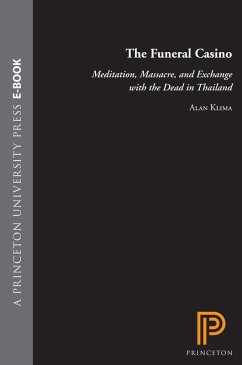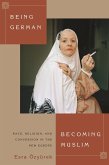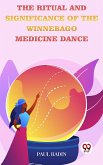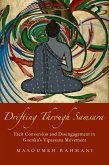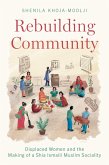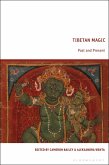The Funeral Casino is a heretical ethnography of the global age. Setting his book within Thailand's pro-democracy movement and the street massacres that accompanied it, Alan Klima offers a strikingly original interpretation of mass-mediated violence through a study of funeral gambling and Buddhist meditation on death.
The fieldwork for the book began in 1992, when a freewheeling market of illegal "massacre-imagery" videos blossomed in Bangkok on the very site where, days earlier, for the third time in two decades, a military-controlled government had killed scores of unarmed pro-democracy protesters. Such killings and their subsequent representation have lent force to Thailand's transition from military control to a "media-financial complex." Probing the ways in which death is marketed, visualized, and remembered through practices both local and global, Klima inverts conventional relationships between ethnography and theory through a compelling narrative that reveals a surprising new direction available to anthropology and critical theory.
Ethnography here engages with the philosophy of activism and the politics of memory, media representation of violence, and globalization. In focusing on the particular array of tactics in Thai Buddhism and protest politics for connecting death and life, past and present, this book unveils a vivid and haunting picture of community, responsibility, and accountability in the new world order.
The fieldwork for the book began in 1992, when a freewheeling market of illegal "massacre-imagery" videos blossomed in Bangkok on the very site where, days earlier, for the third time in two decades, a military-controlled government had killed scores of unarmed pro-democracy protesters. Such killings and their subsequent representation have lent force to Thailand's transition from military control to a "media-financial complex." Probing the ways in which death is marketed, visualized, and remembered through practices both local and global, Klima inverts conventional relationships between ethnography and theory through a compelling narrative that reveals a surprising new direction available to anthropology and critical theory.
Ethnography here engages with the philosophy of activism and the politics of memory, media representation of violence, and globalization. In focusing on the particular array of tactics in Thai Buddhism and protest politics for connecting death and life, past and present, this book unveils a vivid and haunting picture of community, responsibility, and accountability in the new world order.

